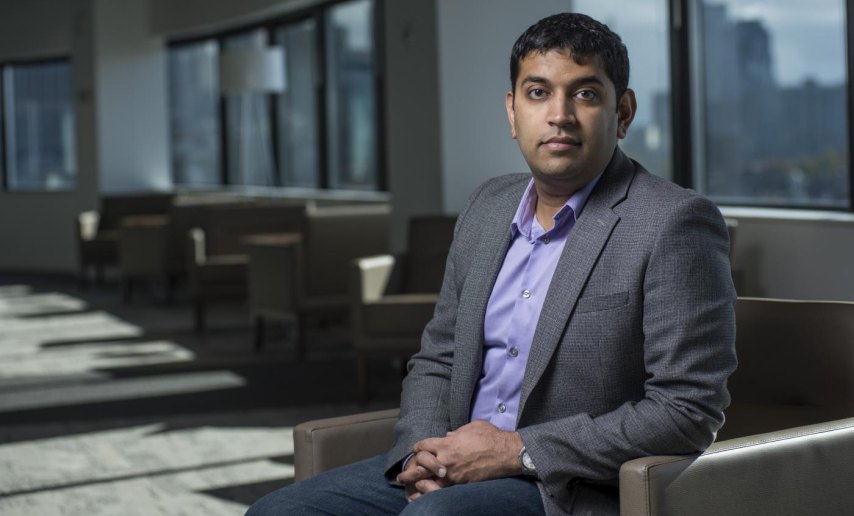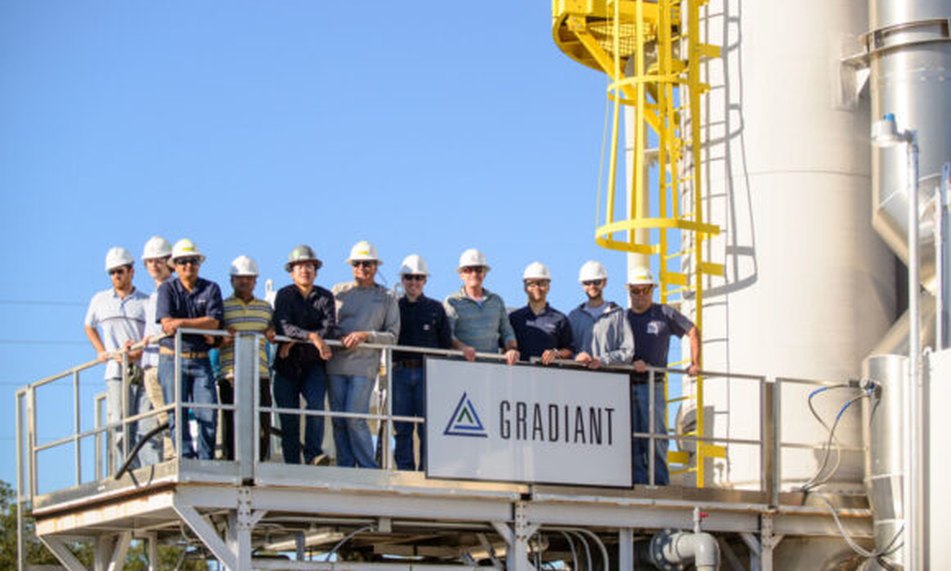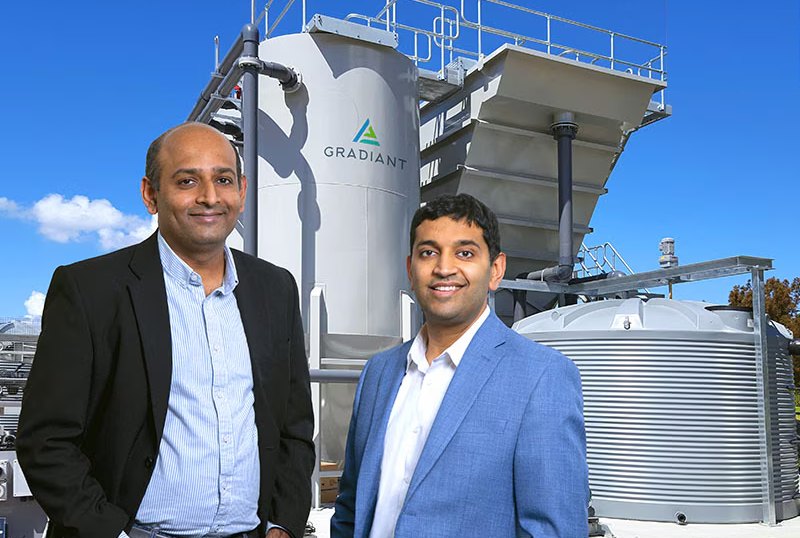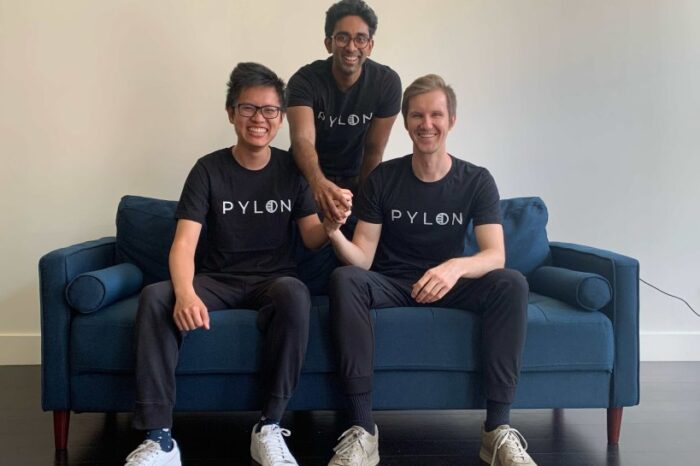This MIT spinoff startup reaches unicorn status with $225M funding for water recycling to combat drought

In 2022, droughts impacted over 100 million people, and according to the United Nations Convention to Combat Desertification (UNCCD), nearly 1.84 billion people were living under drought conditions in 2022 and 2023. This amounts to almost a quarter of the global population, with most of those affected in low- and middle-income countries.
A major factor in this problem is the heavy reliance on freshwater sources like rivers, lakes, and groundwater, which provide most of the water consumed by humans and animals.
Beyond human and animal consumption, industries use nearly half of the world’s water, with sectors such as pharmaceuticals, food and beverage, textiles, mining, and renewable energy being significant users.
As droughts become more frequent, industries are increasingly motivated to find innovative water recycling solutions. This has led emerging companies to focus on cost-effective ways to reclaim and reuse water.
According to Statista, the global water and wastewater treatment market is projected to reach $500 billion by the end of the decade. Currently, much of this market relies on harsh chemicals and significant energy consumption, but companies like Xylem, Veolia, and Boston-based startup Gradiant are working to cut costs, reduce energy use, and eliminate the need for chemicals.
“We deal with highly contaminated wastewater containing solvents, dissolved salts, and organics, and we eliminate the entire liquid waste,” said Prakash Govindan, co-founder and chief technology officer at Gradiant.
Founded in 2013 by Anurag Bajpayee and Prakash Govindan as a spinout from MIT, Gradiant is a water technology startup focused on using sustainable and cost-effective technologies to tackle global water challenges.
Bajpayee and Govindan hold over 200 patents, with a portfolio of water treatment technologies and solutions. Bajpayee’s PhD in Mechanical Engineering from MIT led to the development of a water treatment technology recognized by Scientific American as one of the Top 10 World-Changing Ideas.

Govindan, who grew up in Chennai carrying water buckets, understands the critical importance of water. The company’s name, Gradiant, is inspired by gradients, which are key to many natural and industrial processes.
Gradiant’s solutions are employed by clients in vital industries such as semiconductors, pharmaceuticals, food and beverage, lithium, and renewable energy. These solutions reduce water usage, minimize wastewater discharge, reclaim valuable resources, and transform wastewater into freshwater.
Gradiant’s technology replicates the natural process of rain formation. Wastewater is heated and mixed with ambient air in a humidifier. As they interact, the mixture turns into vapor, leaving contaminants behind. A proprietary technology then transfers the vapor to a column with cool, clean water. When the two mix, the vapor cools and condenses into fresh water, similar to how rain forms from a cloud. Gradiant claims this process cuts traditional costs in half.
“Other technologies recover about 50 to 60% of water, but we can recover 99%,” Govindan told CNBC.
How Gradiant Is Tackling Global Water Scarcity Through Innovative Water Recycling Solutions

Gradiant Founders
Gradiant provides comprehensive water treatment and digital solutions across various industries, including semiconductors, pharmaceuticals, food and beverage, lithium, and renewable energy. The company, headquartered in Boston, has over 900 employees worldwide.
Gradiant, the first water purification unicorn, boasts an impressive client list, including Coca-Cola, BMW, Pfizer, and Adnoc. The company claims to save 1.7 billion gallons of water daily, equivalent to the amount used by 48 million people. According to the company, it secured over $500 million in new orders in the first half of this year, drawing significant interest from investors.
“Scaling these technologies is challenging. Finding a product is one thing, but developing a full end-to-end solution for customers is far more difficult, and that’s what Gradiant has accomplished,” said Mark Danchak, co-founder at General Innovation Capital Partners, a Gradiant investor.
Gradiant is backed by Warburg Pincus, M&G Investments, Formation 8, Clearvision Ventures, and GRC, and has raised $228 million to date.
Gradiant operates with over 900 employees, including more than 300 operators and technicians, across 14 countries. The company’s global headquarters are in Boston, with regional headquarters and a Global Innovation Center in Singapore.




